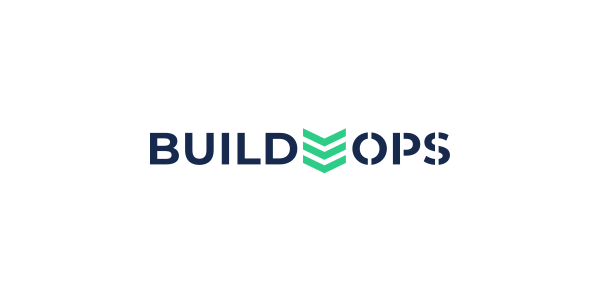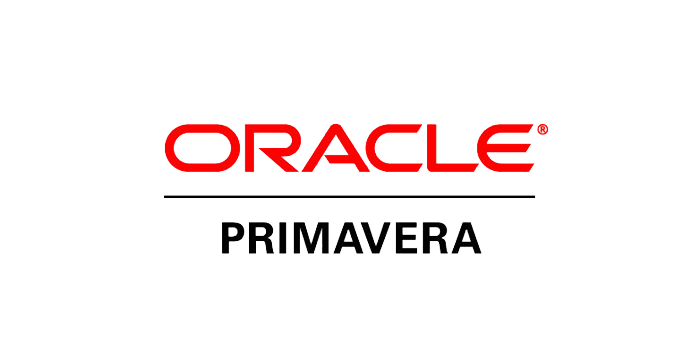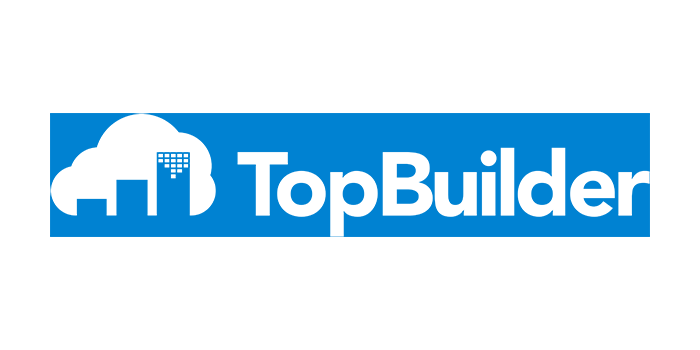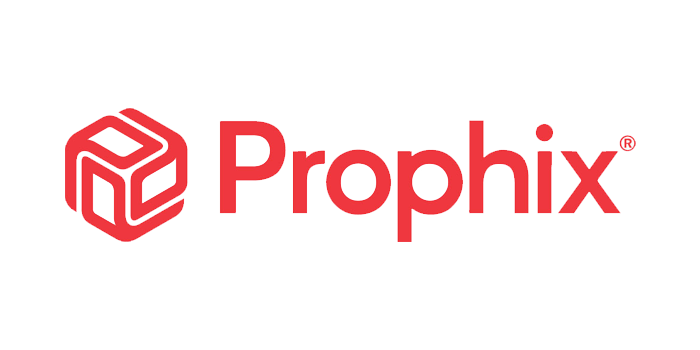Article written by Wayne Newitts and originally appeared on the Dexter + Chaney blog
 This is ultimately a blog about construction software, but stay with me as I put on my “Top Gear” hat and take you on a trip through an automotive analogy.
This is ultimately a blog about construction software, but stay with me as I put on my “Top Gear” hat and take you on a trip through an automotive analogy.
I remember first learning how to work on cars a number of years ago, a number that is becoming disturbingly large. This was back in the day when owning a timing light was pretty standard and checking the points, plugs and condenser was pretty routine. Opening the hood of my ’72 Nova, I could actually identify just about everything I saw there.
Fast forward to the much more recent past when I thought I’d teach my daughter a thing or two about car maintenance. Open the hood of her 2006 “Dad’s tired of driving me everywhere” car, and, well, I see the battery, master cylinder, umm, think that’s the alternator…but mostly I see a big block of plastic with two computer ports.
So I told her to just get the oil changed every 3,000 or so, check the tire pressure regularly, and I went to sit under a shade tree to reminisce.
As automotive technology changed over the years, it did improve the quality of our vehicles. More efficient engines, better braking systems, significantly improved safety features were all the result of new or improved technology. But the day of the shade tree mechanic is clearly diminished. A typical car today has 50 or more microprocessors whose proper operation are key to the proper operation of the vehicle. Owning the electronic diagnostic tools to monitor today’s cars is a lot less common than owning a timing light was several decades ago.
So does that mean we shouldn’t even bother to look under the hood of a car we’re considering, since all we’ll likely be faced with is a block of mysterious plastic? I suggest the answer is “no,” but looking under the hood has taken on new meaning. The technologies have changed but the questions a prospective buyer should ask have not.
Safety, reliability, performance, and economy remain important criteria when evaluating a vehicle. You may not be able to divine answers by literally poking around under the hood, but you can still learn enough about how today’s cars work to ask relevant questions. For example, do the electronics controlling your car’s vital operational systems (engine, braking etc.) share circuitry with those for less important functions such as entertainment, smartphone connectivity, etc. (they shouldn’t).
As underlying technologies become less accessible to the user of a product, it becomes that much more important to understand them at a high level so you can ask the manufacturer informed questions. It also becomes that much more important to seek the opinions and learn about the experiences of other users.
And so, as promised, I transition into a discussion on construction software. Except I’ve already made the points I intended to make – simply replace “car” with “construction software application” and replace words like “engine” with “operating system.”
When you are faced with evaluating software for your construction business, you certainly have a checklist of features you need to be sure the application performs. But the days of asking what operating system you need or how much RAM your computer should have to run the program are fading into the sunset. Cloud computing, tablets and smart phones, mobile apps, among other technology advances, have changed the software playing field dramatically.
Chances are you use software, and if you are reading this blog, chances are you use construction software. Across the boards, from construction accounting applications, project management applications, to complete construction ERP systems, vendors are moving—some faster than others—to deliver a new generation of cloud-enabled and mobile friendly products. To be a smart consumer, it would serve you well to become familiar with this next generation of construction software. To help you get started, here is a top 5 list of “under the hood” questions to ask your software vendors about their technology:
Do you deliver software designed for a cloud computing environment?
True cloud-enabled software has to be designed for the cloud. Taking legacy Windows-based products and hosting them in the Internet does not deliver the same anywhere, any device, ease-of-use. With true cloud-enabled software, you can pick up any device with a web browser and get to work.
Are you designed for mobility?
Being able to open up software on a laptop computer no longer qualifies as “mobile-friendly.” Today, construction managers in the field are coming to expect the full power of an ERP system to be available to them on their tablets at the job site. Supervisors and staff need quick easy-to-use mobile apps for their phone to track time, equipment, inventory, and perform other key tasks. Does the software you’re considering lend itself to full use in the field? Does it include apps that help your field staff work and report more efficiently?
How easily can I integrate with other software?
I’ve yet to meet a contractor who just uses one software application to do everything. I’ve also yet to meet a contractor who enjoys entering information in to multiple systems. New integration technologies for next generation software, such as web services, make moving data between your applications much easier.
How often do you add new features and functionality?
All software is, and should be, a work in progress, addressing new needs, regulations, and trends in the construction industry, and evolving to deliver the best user experience. The days of installing software disks then upgrading a year (or more) later by buying new disks are fading away. Whether you own or subscribe to your software applications, your vendor should be able to deliver a steady stream of updates and new features with little or no effort on your part. And if you’re paying for software maintenance, they should be delivering these at no charge—that’s why you’re paying that maintenance fee, right?
How much do you invest in R&D?
The average software firm invests about 9% of their revenue back into product research and development each year. The best software firms operate in the double digits. Before entering into a relationship with a software firm, you have a right to know how much they are committed to the growth and health of the product you’re buying.
Needless to say this list could go on, but hopefully you’ll find these 5 questions to be a good starting point. To put all of this into some more context, take a look at the description of our software technology as an example. And even if you’re not sure exactly what you’re looking at, keep looking under that hood.











